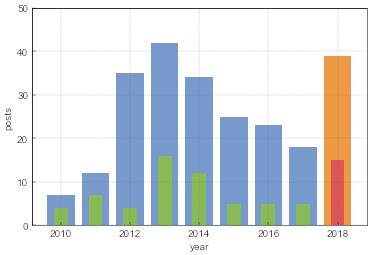Sznajd (United we stand, divided we fall) model
Sznajd model, also known as united we stand, divided we fall model, is another classical model in opinion dynamics. It was proposed in 2000 by two Polish scientists in [1] and since then it was heavily studied both by various groups of sociophysicists. It was used not only in the usual generic scenarios (e.g., exploring how fast the opinions converge), but also helped to predict Polish elections of 2015 [2].

